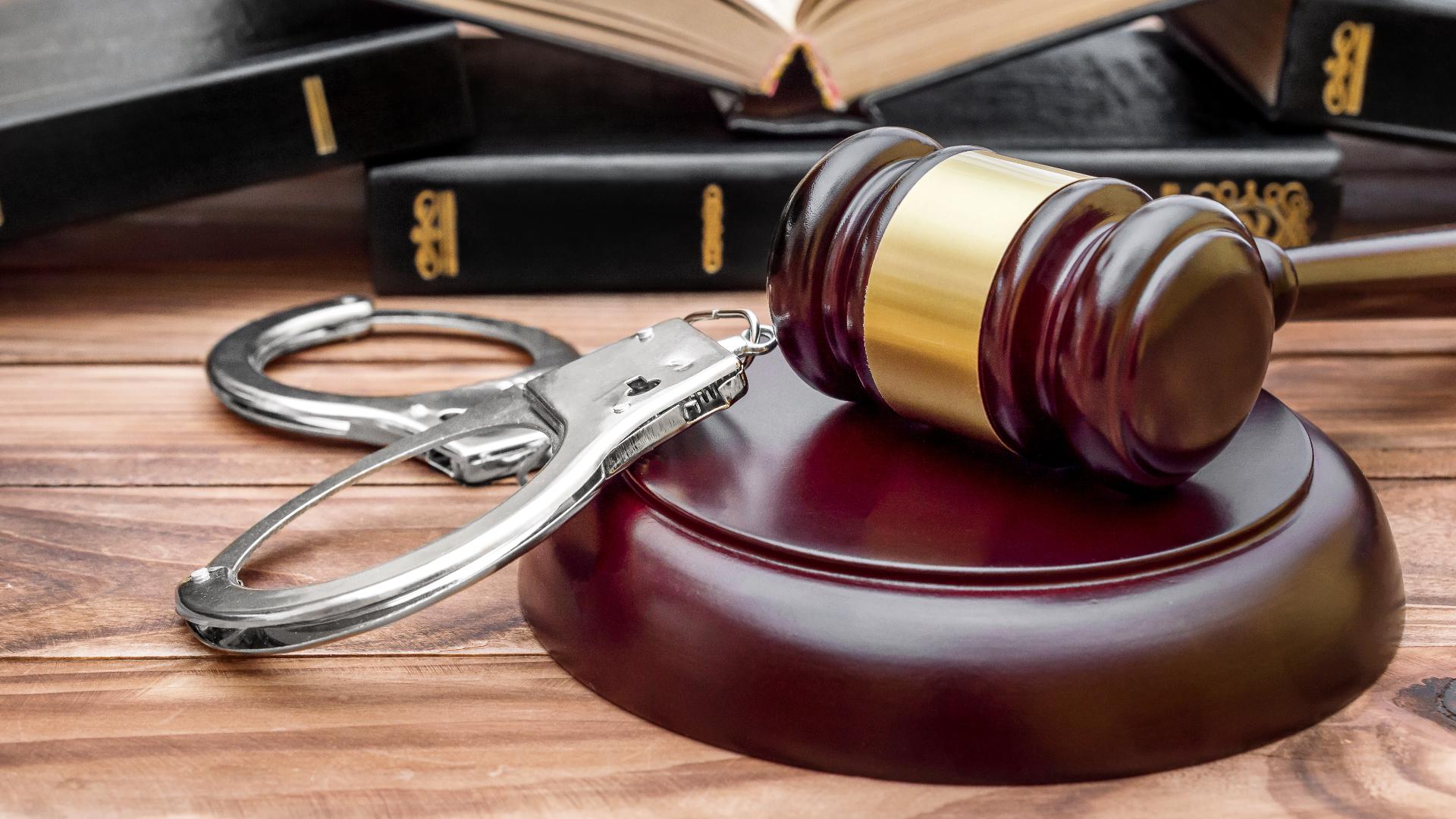ATLANTA — A federal district court has granted a temporary restraining order to prevent enforcement of limits of charitable bonds, which would have gone into effect on Monday.
The U.S. District Court for the Northern District of Georgia granted a motion on Friday to prevent Gov. Brian Kemp from enforcing Section 4 of Georgia SB 63 for 14 days. It was set to go into effect on July 1 with the rest of the bill.
The motion for the restraining order was filed by the plaintiffs in a recent lawsuit challenging the controversial section of the bill, which would place restrictions on charitable bail funds when an individual or group collects money to post bail for an incarcerated person.
The parties in the case must contact the court by July 3 on their decision of whether the matter should be set for a hearing, the court should receive additional evidence or the court should enter a preliminary injunction based solely on what was presented at the initial hearing.
The ACLU of Georgia and the Institute for Constitutional Advocacy and Protection at Georgetown University filed the complaint representing an Atlanta-based nonprofit and two other people. The suit indicates that the organization has a series of programs to support "justice-impacted people," including a bailout campaign for people who are detained pretrial on bail they can't afford. The two people listed as plaintiffs in the case help run a charitable fund at an Athens church.
"We are encouraged by the judge’s ruling and its recognition that this law is unnecessary, harmful, and likely unconstitutional,” ACLU of Georgia Legal Director Cory Isaacson said in an ACLU press release. "It's unconscionable that people doing charitable bail work would face criminal penalties simply because they are helping people who are languishing in jail because of their poverty and have no other means of relief."
In the lawsuit filing, the ACLU argues that the bill "severely restricts individuals, groups and entities from engaging in charitable bail work - paying for bail for those detained solely because they are impoverished" and calls it "arguably the most severe restrictions on charitable bail funds in the nation."
No individual or group would be able to post more than three cash bonds per year per the bill. Also, every person or group soliciting donations for charitable bail funds must submit to the exact requirements of any professional surety bail company, which is not limited to the number of bonds it can post.
Should the section go into law, anyone who violates it may be subject to misdemeanor charges.
News happens fast. Download our 11Alive News app for all the latest breaking updates, and sign up for our Speed Feed newsletter to get a rundown of the latest headlines across north Georgia.

